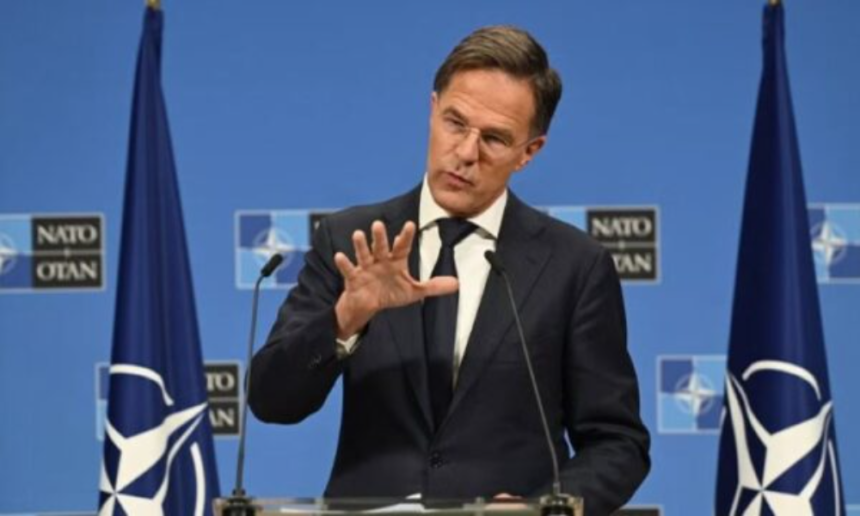NATO Plans Increased Intelligence Sharing and Infrastructure Protection Amid Rising Threats from Russia and China
NATO will step up intelligence sharing and enhance the defense of critical infrastructure in response to what it calls “hostile” sabotage acts originating from Russia and China, said NATO Secretary General Mark Rutte.
“In recent years, Russia and China have sought to destabilize our states [NATO members] through acts of sabotage, cyberattacks, disinformation, and energy blackmail to intimidate us,” Rutte told reporters on December 3.
“NATO allies will continue to stand united in the face of these threats through a series of measures, including greater intelligence sharing and improved protection of critical infrastructure,” he added.
NATO foreign ministers are meeting in Brussels this week and are expected to unveil a new strategy to counter hybrid threats—a term that encompasses propaganda, political interference, sabotage of critical infrastructure, and other tactics beyond conventional military domains.
Western security officials have said that fires at warehouses of transportation companies in the UK, Germany, and Poland in July were part of a Russian plot to disrupt air freight to the United States.
Meanwhile, European countries continue to investigate whether the severing of two telecommunication optical cables in the Baltic Sea in November was an act of sabotage. One cable connects Finland to Germany, while the other links Sweden to Lithuania.
Russia has repeatedly denied involvement in hybrid acts.
China has also dismissed accusations of orchestrating a cyberattack by a government agency against a German organization in 2021.
Western officials have stated that NATO faces the challenge of how to respond to suspected attacks, as some alliance members fear escalating tensions with Russia.







